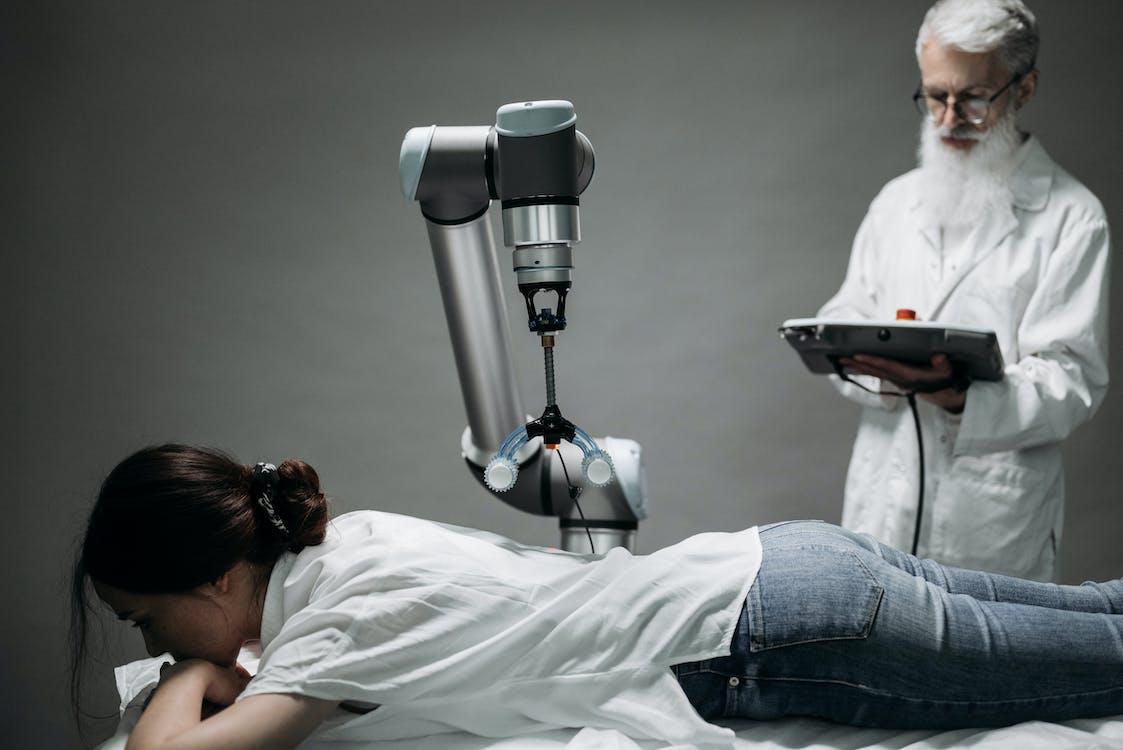Artificial intelligence (AI) is transforming many industries, including healthcare. From enhancing the speed and accuracy of diagnoses to improving patient outcomes, AI is disrupting traditional healthcare practices in many ways. Here are some of the ways AI is making a significant impact on healthcare:
Diagnostics and image analysis: AI is revolutionizing the field of diagnostics and image analysis. It can analyze medical images like X-rays, CT scans, and MRIs, identifying patterns and anomalies that human eyes might miss. This helps to improve the accuracy of diagnoses and the speed of treatment. For example, AI algorithms can identify cancerous cells in mammograms with high accuracy, reducing the need for human interpretation.
Predictive analytics and personalized medicine: AI is also being used to develop predictive analytics and personalized medicine. With the help of machine learning algorithms, healthcare providers can analyze large amounts of data to identify patterns that could indicate health risks or the onset of disease. This helps to provide personalized treatment plans for patients, based on their unique needs and risk factors.
Medical research: AI is also changing the way medical research is conducted. Machine learning algorithms can sift through vast amounts of data to identify new insights, which can help researchers to develop new treatments, drugs, and therapies.
Electronic health records: AI is also being used to improve electronic health records (EHRs). With the help of natural language processing (NLP) algorithms, AI can read and interpret unstructured data from EHRs, such as doctors' notes, to identify key information about patients' health. This can help healthcare providers to make more informed decisions about treatment options and improve patient outcomes.
Remote patient monitoring: AI is also enabling remote patient monitoring. With the help of wearable devices and mobile apps, healthcare providers can track patients' health in real-time, even when they're not in the hospital. This can help to identify health issues early on and prevent the need for hospitalization.
Overall, AI is making a significant impact on healthcare, from improving the accuracy of diagnoses to enabling personalized treatment plans. As technology continues to evolve, we can expect to see even more disruption in the healthcare industry, with AI playing a key role in improving patient outcomes and reducing costs.

Comments
Post a Comment